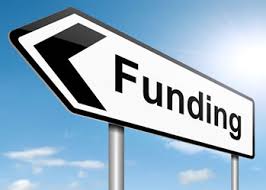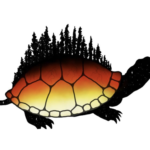COVID-19 Information
COVID-19 Information
Ontario News Release – COVID-19 Booster Recommended for High-Risk Individuals This Spring – April 06, 2023
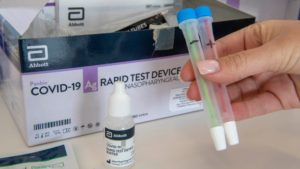 Rapid Antigen Testing
Rapid Antigen Testing
Requests for priority access to Rapid Tests can be submitted by following these three steps:
- Confirm your eligibility using the Provincial Antigen Screening Program: https://covid-19.ontario.ca/provincial-antigen-screening-program. Provide your organization/community’s contact information and submit an application.
- Place an order for Rapid Antigen Tests using the E-Health Online Ordering Portal by identifying the number of individual tests you are requesting and ensure that item selected is “Rapid Tests” and not “Swab Kit” at: https://ehealthontario.on.ca/en/health-care-professionals/ppe-intake?a=ppe-intake.
- When placing your order, please identify order as a First Nation school or federally-operated school. After you submit your order through the portal, please notify Indigenous Affairs Ontario at IndigenousTestKits@Ontario.ca of your request. IAO will work with the Ministry of Health (MOH) to expedite and fulfill your request.
Personal Protective Equipment (PPE) including N95 Masks
First Nation Schools and partners can request non fit-tested N95 masks and regular PPE (surgical masks, sanitizers, gloves, and protective eyeglasses) through the ongoing PPE order form process.
HEPA Units
- HEPA units are available to First Nation partners at no cost.
- First Nation partners have requested a total of 625 HEPA filters (as of April 2022).
- All HEPA requests received by the Ministry of Education, Indigenous Education Office have been verified and sent to the Ministry of Government and Consumer Services (MGCS) for processing and delivery.
- MGCS began shipment of HEPAs for First Nation schools on February 16, 2022.
- If you are interested in ordering HEPA units for schools, please fill out the HEPA request form (shared with AN Education Departments) and submit it to the Indigenous Education Office at IEO@ontario.ca.
Ontario Expanding Access to COVID-19 Antivirals
The Ontario government is expanding eligibility for COVID-19 antiviral treatments and PCR testing to more high-risk individuals. Doing so will offer increased protection to the most vulnerable and ensure hospital capacity remains stable.
Ontario Expanding Fourth-Dose Eligibility
The Ontario government, in consultation with the Chief Medical Officer of Health, is expanding eligibility for fourth doses of the COVID-19 vaccine to individuals aged 60 and over as well as First Nation, Inuit and Métis individuals and their non-Indigenous household members aged 18 and over starting on April 7, 2022. Expanding booster eligibility will provide an extra layer of protection against the Omicron and BA.2 variants and, in addition to antivirals, are another tool the province is using to live with and manage COVID-19.
Starting on Thursday, April 7 at 8:00 a.m., eligible individuals will be able to book their fourth dose appointment through the COVID-19 vaccination portal or by calling the Provincial Vaccine Contact Centre at 1-833-943-3900, directly through public health units that use their own booking systems, through Indigenous-led vaccination clinics, participating pharmacies, and participating primary care settings.
COVID-19 School Updates
Effective March 14, 2022
Vaccination Disclosure Policy and Community Use of Schools
- Effective March 14, 2022, the instructions issued by the Chief Medical Officer of Health OCMOH related to vaccination disclosure policies will be revoked across all sectors.
- Effective March 14, unvaccinated individuals covered under school vaccination policies will no longer be required to undertake rapid antigen screening three times per week. This change should be communicated to impacted staff/individuals.
- Effective March 10, 2022, the Ministry of Health is removing reporting requirements for organizations including private schools that receive free rapid antigen tests from the government through the Provincial Antigen Screening Program for the purpose of vaccination disclosure policies. Private schools will no longer be required to report weekly rapid antigen test (RAT) usage to the Ministry of Health, including those who are currently using the Thrive Health app. MOH will continue to monitor program uptake using internal deployment data, which aligns with Health Canada’s recent shift in reporting requirements.
Effective March 21, 2022:
- Masking & Staff Personal Protective Equipment – In alignment with community masking requirements, masks will no longer be required for students, staff and visitors in schools and on student transportation. Eye protection for staff will also no longer be required.
- Lifting of Cohorting and Distancing – Cohorting and distancing will no longer be required in schools. Assigned seats and cohorting will no longer be required in student transportation.
- On-site Confirmation of Screening- Daily on-site confirmation of screening for all students and staff will no longer be required. Staff and students should continue to self-screen every day before attending school using either the COVID-19 school and child care screening tool, or a screening tool designated by the local public health unit. The screening tool has been updated to align with the updated COVID-19 Integrated Testing & Case, Contact and Outbreak Management Interim Guidance: Omicron Surge. Local public health units may designate a commensurate or more restrictive screening tool for local use.
Remaining Health and Safety Measures in Schools for the 2022-23 School Year
2022-2023 Health and Safety Measures in Schools
- Hand Hygiene and Respiratory Etiquette – Appropriate hand hygiene and respiratory etiquette should continue to be promoted and integrated throughout the school day.
- Enhanced Cleaning and Disinfecting –Schools and school vehicles are encouraged to continue with enhanced cleaning protocols.
- Absence Reporting – To continue ongoing monitoring of COVID-19 impacts, schools will continue to be expected to report absenteeism rates to public health units should they rise to a defined level (approximately 30% above their baseline). Schools should continue to have protocols in place to manage ill individuals while at school. As a reminder, anyone who is sick or has any new or worsening symptoms of illness should stay home until their symptoms are improving for 24 hours (or 48 hours for nausea, vomiting, and/or diarrhea) and should seek assessment from their health care provider if needed.
- Vaccination – Vaccination remains the best defense against COVID-19, including the Omicron variant. We ask that you continue to promote COVID-19 vaccination for students, families and staff.
First Nation and Federally Operated Schools
- First Nation and federally operated schools may consider adopting provincial health and safety guidance; however, they are not required to do so.
2022 and 2023 Summer Learning for First Nation Students
In February, Ontario announced a Learning Recovery Action Plan that invests in tutoring supports, and includes summer learning, a focus on reading, math and other foundational skills, as well as targeted initiatives intended to address unique barriers that some students may face.
As part of this, the Ministry of Education announced it would continue to extend access to school board summer learning programming in 2022 and 2023 for First Nations students living on reserve.
School boards will not charge fees for First Nations students enrolled in school board summer learning programming, including:
- First Nations students who are already students of the school board via the Reciprocal Education Approach (REA) or/and an Education Services Agreement (ESA);
- First Nations students who will be registering with the school board in September 2022, including students over the age of 21; and
- First Nations students who may be living on reserve and are enrolled in First Nation/federally-operated schools, including students over the age of 21.
COVID-19 school and child care screening
The Ministry of Education has updated the COVID-19 school and child care screening tool.
Staff, students, children, and visitors should screen for COVID-19 every day before going to school or child care. Parent(s)/guardian(s) can fill this out on behalf of a child/student.
Revisions have been made to align with updated federal guidance for fully vaccinated travelers who are exempt from quarantine.
Upon return from international travel, fully vaccinated travelers are no longer required to wear a mask when in public settings for 14 days after arrival in Canada or to maintain a list of all close contacts for their first 14 days in Canada.
Services for Community Outbreaks
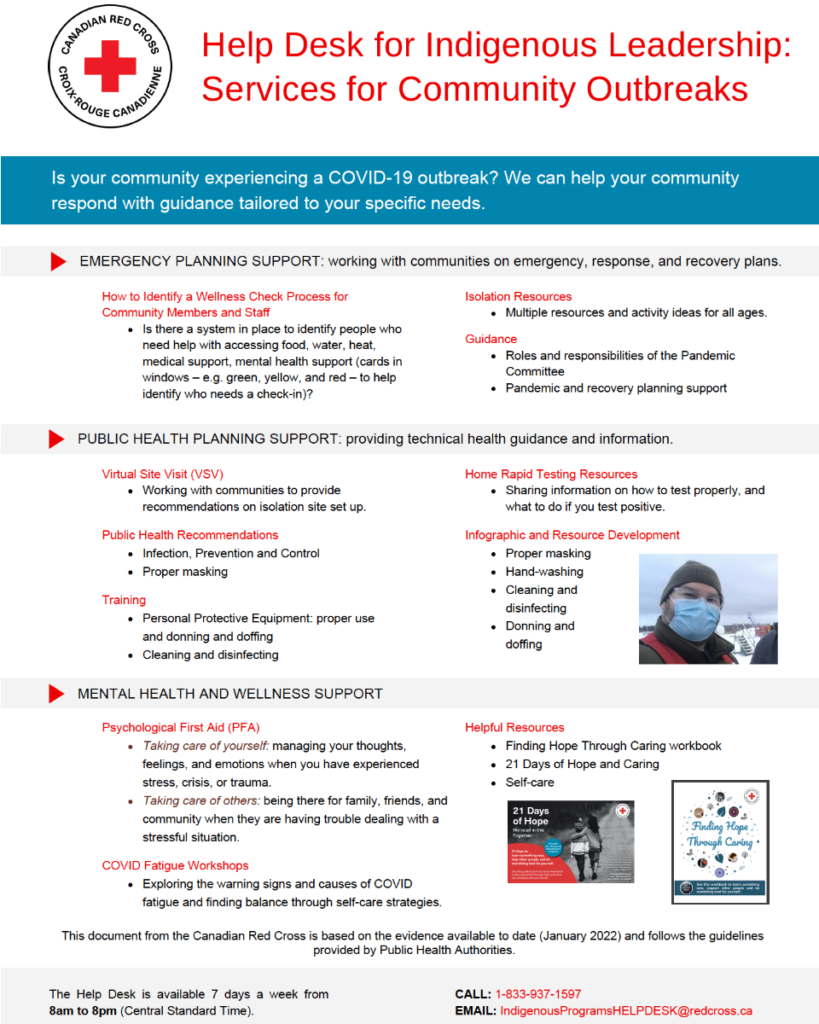
Emergency Support
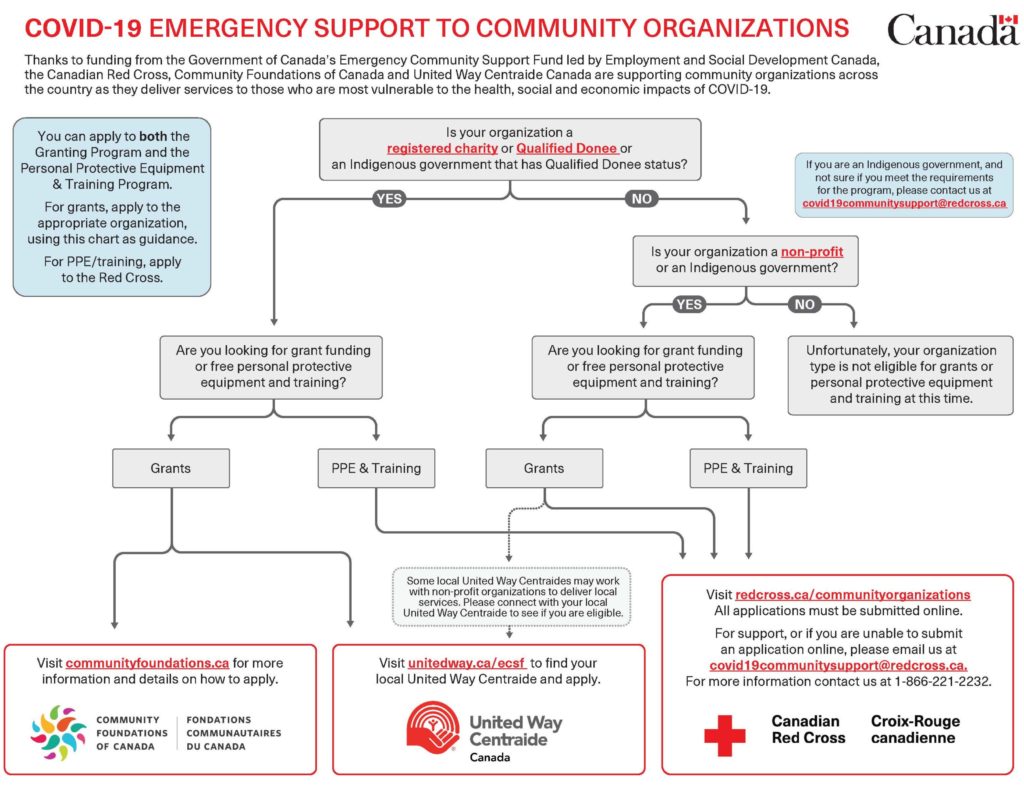
www.redcross.ca/communityorganizations
E-mail: covid19communitysupport@redcross.ca
Did you know?
The Anishinabek Nation has two Emergency Management Coordinators who are available to support your communities’ safety and well-being, overall health and security in preparing for or responding to a disaster. To learn more, click here.
COVID-19 Health Expenses and Funding
For examples of COVID-19 public health expenses that may be supported include costs related to, click here.
Click on the photo above for funding information.
Upcoming Meetings
Weekly Chiefs meetings are held on Thursdays at 3:30 pm with Anne Scotton, Ontario Regional Director General for Indigenous Services Canada. These meeting provide an update on COVID-19 and includes questions and answers.
Medical Directives:
Please note: Implementation of ISC FNIHB OR medical directives by First Nation employed/staff/communities transferred for health service delivery including immunization programming is OPTIONAL.
Band/First Nation Community-employed nursing staff must operate under the direction of an attending Physician or Nurse Practitioner; however, this does not solely imply FNIHB, and can be through the local Public Health Unit or other prescriber working in a designated community.
Where a Community chooses to implement FNIHB’s directive, they have the responsibility to assure that staff meet the mandatory education and ongoing practice competencies as outlined by FNIHB’s directive in order for it to be valid.
Should the healthcare individual administering the COVID-19 vaccine believe that it is necessary to administer, for valid reasons, the COVID-19 vaccine in contravention of this Medical Directive, then permission from the individual’s Primary Care Provider must be obtained.
The current definition of “Fully Vaccinated” remains the same. There is no indication at the current time that a third dose or booster is necessary to be “fully vaccinated”.
Updates:
COVID-19 Medical Directives:
- inclusion of guidance on COVID-19 vaccination post COVID-19 infection (see section on vaccination post COVID-19 infection, under Recipient Clients/Patients)
- booster dose eligibility updated to all individuals 12 years and older at a recommended interval of 6 months (168 days) following the second dose of the primary series. (see section on Booster doses, under Recipient Clients/Patients)
- fourth dose eligibility updated to include moderately to severely immunocompromised individuals 12 years of age and older at a recommended interval of 6 month (168 days) following the third dose of the extended primary series (see section on fourth doses, under Recipient Clients/Patients)
Please Note: COVID-19 vaccine quick reference guides are updated and available on OneHealth. See section on COVID-19 Vaccine Resources.




Additional Resources
COVID-19 Vaccine Guidance – December 2022
COVID-19 Vaccine Eligibility by Age
COVID-19 Vaccine Eligibility Algorithm
COVID-19 Vaccine Storage and Handling – Quick Reference
COVID-19 Vaccine Product – Quick Reference Guide
COVID-19 Vaccine Expiry Guidance
Tackling Mis-and disinformation (MIDI) Resources
PRODUCT MONOGRAPH INCLUDING PATIENT MEDICATION INFORMATION – COMIRNATY COVID-19 Vaccine, mRNA
Coping with COVID-19Mental Health and Addictions Supports for Health Care Workers
FIRST NATIONS COVID-19 RESPONSE TABLE – AUGUST 8, 2022
IPHCC: Strategies and Supports to Increase Vaccine Uptake
Indigenous Services Canada Ontario Region Update – October 6, 2022

